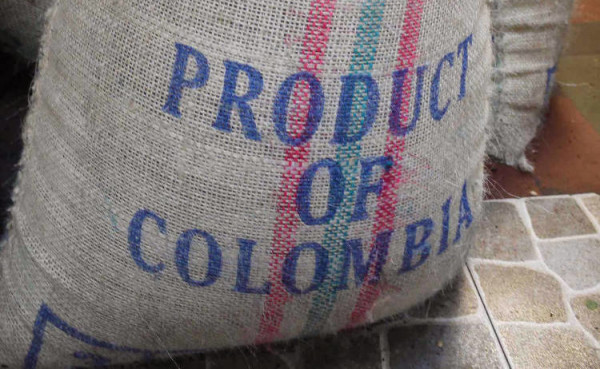The Colombian Coffee Growers Federation (FNC) is rolling out a first-of-its-kind platform to be used by coffee growers looking to improve management practices and production in the face of climate change.
The Coffee Agro-Climatic Platform was developed in part by the FNC’s research arm Cenicafé and is designed to “help coffee growers make better decisions based on the meteorological and geographical conditions of each coffee growing region” by providing near real-time data on weather and soil conditions at 231 manual and automated observation points in Colombian growing regions, the FNC says.
(related: World Coffee Research Director Tim Schilling Tells Us All About the Variety Intelligence Project)
The platform, available online here, was developed with financial support from the Colombian Ministry of Agriculture and Rural Development and technical support from the CIAgua Corporation.
“The platform’s data, Cenicafé’s analysis and the assistance and regular use by the 1,500-strong FNC Extension Service will help plan coffee plantations using the latest physical and biological indicators and set action priorities for each coffee growing region,” says FNC Chief Technical Officer Carlos Uribe.
The platform will provide data on air temperature, relative humidity, solar radiation, photosynthetic active radiation, ultraviolet radiation, wind speed, precipitation, atmospheric pressure and soil moisture at two depths.
(related: Castillo vs. Caturra: The Gavel Has Sounded for the Colombia Sensory Trial)
While the data can be used by individual growers, the FNC hopes the collective data pool will inform future regional programs to increase management efficiency and crop productivity as Colombia is increasingly affected by climate variations.
Colombia remains the world’s second largest arabica producer behind Brazil, and assistance from the FNC following leaf rust outbreaks between 2008 and 2012 has helped the country’s total output increase to 10.4 million bags in 2013, and an even higher level is expected in 2014, according to the latest statistics from the International Coffee Organization.
Nick Brown
Nick Brown is the editor of Daily Coffee News by Roast Magazine.







Comment